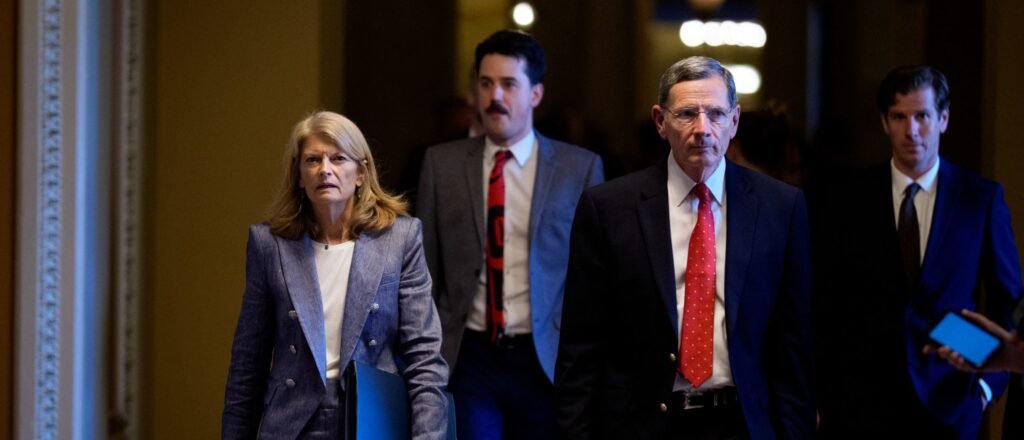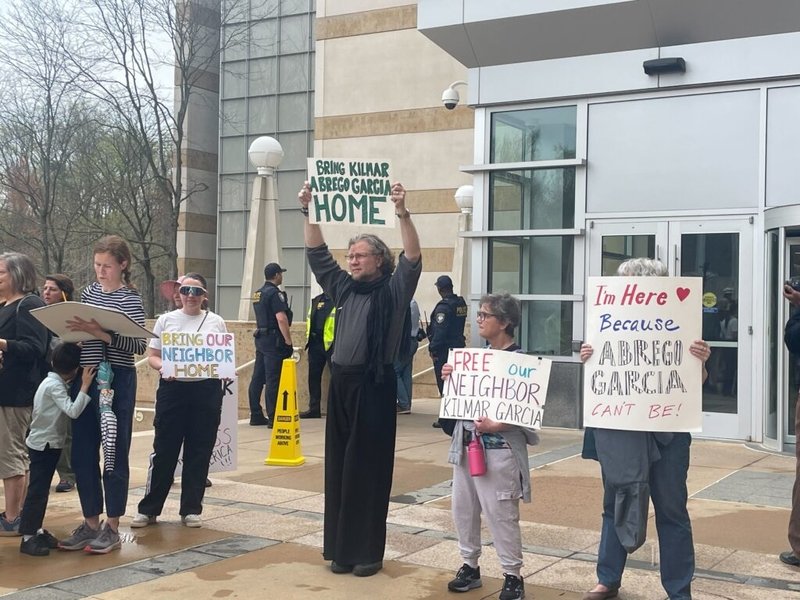Senate Approves Trump’s Comprehensive Budget Bill
The Senate successfully passed President Donald Trump’s extensive budget legislation early Tuesday morning. This came after hours of negotiations over the nearly 1,000-page document.
Some GOP senators, particularly Lisa Murkowski from Alaska and Susan Collins from Maine, were hesitant and pushed for specific amendments. They focused on addressing Medicaid regulations and clean energy tax credits, leveraging their positions in discussions with Senate Majority Leader Thune throughout the night. Ultimately, an important alteration was made to the budget adjustment package.
Collins was among three Republican senators who ended up voting against the bill. She had advocated for enhanced funding for rural hospitals, promoting the $100 billion Rural Hospital Fund which faced challenges due to the Medicaid Provider Tax Act. In the end, Senate Republicans incorporated a $25 billion protection fund within the bill instead.
Collins attempted to introduce an amendment to raise this fund to $50 billion by increasing taxes on billionaires, but this effort failed in a 22-78 vote. Nevertheless, there was still an increase to Collins’ Rural Hospital Fund included without necessitating any tax increases.
Changes to Green Energy Tax Credits
Senate Republicans also made last-minute alterations to green energy regulations, which sparked some controversy. They agreed to provide tax credits for solar and wind projects, but these projects must commence construction within a year after the bill becomes law. The modifications mean that projects starting after summer 2026 still need to qualify for credits by the end of 2027. Negotiations on these energy regulations were significantly influenced by Republican Senators Chuck Grassley from Iowa, John Curtis from Utah, and Murkowski.
New Tax Credit for Nonprofits
A new tax credit for contributions to nonprofit organizations that provide scholarships for primary and secondary education was also added to the budget bill. This includes contributions facilitated by scholarship organizations that financially support eligible students within their state.
Arizona Senator Mark Kelly aimed to make changes related to the 1986 Internal Revenue Act. His measure adjusts the asset percentage threshold for real estate investment trusts (REIT) subsidiaries, moving it from 20% to 25%, which affords REITs more flexibility in their subsidiary holdings. This addition is set to take effect on December 31, 2025.
Legislation Name Change
The bill’s original title, “One Big Beautiful Bill Act,” has been officially changed. Democrats utilized special Senate budget rules to remove the title given by Trump, mirroring actions taken by Republicans when they dropped the title of the Inflation Reduction Act in 2022, as well as similar maneuvers in 2017 with the Republican Tax Cuts and Jobs Act.
Artificial Intelligence Regulation Moratorium
In a bipartisan decision, the Senate voted 99-1 to remove a proposed 10-year moratorium on state and local regulations concerning artificial intelligence (AI). Republican Senator Marsha Blackburn of Tennessee proposed amendments to reduce the moratorium from ten years to five. She initially partnered with Texas Senator Ted Cruz but later distanced herself due to concerns that the compromise might allow Big Tech to exploit children and undermine online safety.
Adjustments to SNAP in Alaska
Throughout the negotiation phase, Murkowski also advocated for modifications regarding Alaska’s Supplementary Nutrition Assistance Program (SNAP), emphasizing the need for “more flexibility.” This was supported by Democratic senators like Amy Klobuchar from Minnesota. Murkowski believes that such provisions should also apply to other states.
Despite the adjustments made, Murkowski continues to advocate for changes back in the House, expressing doubts about the current bill. “Do I like this bill? No. But I aimed to address Alaska’s needs,” she noted following the final vote. “I hope the House recognizes we’re not quite there yet.”
















